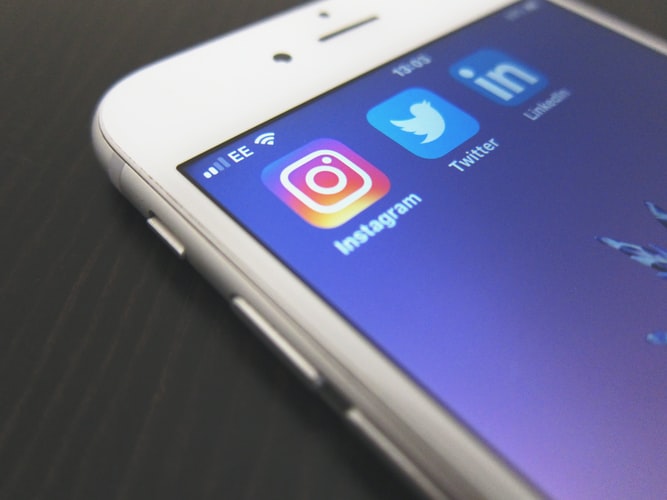The COVID-19 pandemic has sparked many issues around the globe, one of the top ones being the lack of employment in Canada. The pandemic created some jobs due to the COVID screening and vaccine appointment setters required. However, the economy witnessed more job losses or reduced working hours since many businesses have shut down temporarily or forever.
Canada’s labor market has seen a surge in the unemployment rate. According to the Labour Force Survey, the unemployment rate rose 0.6 percentage points to 9.4% in January 2021, the highest rate since August 2020. Thousands of jobs were erased, reducing income for many households.
At a time like this, job seekers need to go the extra mile to get hired in a legal position since the competition may be very high. Here are some steps you can take to get your application noticed.
5 Strategies To Enhance Your Job Opportunity
The pandemic situation is always a tough time to find a new job. But if you are going to follow these strategies, you will find a suitable position for you.
Here are the five strategies you need to follow to boost your chances of getting a job.
1.Consult A Professional
If you have switched up your resume, applied to all the positions available, but you are still unemployed, you may need expert help. Talk to a group of legal recruiters in Toronto who have studied the market thoroughly. Since legal recruiters spend most of their time helping people fit the right job, they will know what steps to take to get you hired.
Legal recruiters will find you positions that best suit your qualifications, saving you the time and effort of applying to multiple job postings.
2.Tailor Each Cover Letter
You already know the drill. Editing each cover letter to fit the job requirements that you are applying to is essential. However, it is not enough to change a few words and edit the name of the company.
You must research each company you are applying for and focus on all the details. When the employer notices your attention to detail and interest in the company, your application will stand out among others.
3.Make Networking A Routine
Having connections helps you wherever you go, but it is particularly helpful during a job hunt during a pandemic. If you continue to make connections through your friends, family, or social media, more people will get to know you.
Once you share your skills with the potential link, they might think of you when a position at their firm opens up.
To network efficiently, brush up your LinkedIn profile and look for people to connect with on the platform. Make sure your profile is updated and outlines your skills.
4.Use Rejections As A Lesson
Don’t get demotivated if you aced an interview but did not hear back from the employer. There may also be instances where you do not get called for an interview. All of that is okay. Use those rejections as a lesson by analyzing each step during the pandemic time. If you had an interview, figure out alternative responses to the questions the recruiter asked you. Practice those new answers for next time.
If your application got rejected before the interview process, go through your resume, cover letter, and social media platforms. Switch things around and see if it makes any difference.
5.Boost Up Your New Skillset
You are experienced or a fresher; this strategy is always effective to deal with the pandemic situation. Pandemic is never bringing you a good glamorous memory. But this is high time to brush up on your existing skillset. The pandemic and the lockdown situation bring you more time to learn new things. Utilize this time more positively.
The new skill learning always delivers the more profitable outcomes. Now, most of the excellent training institutes are offering online courses. Do research some of the latest trendy skills and try to utilize this time more positively.
Wrapping It Up:
Getting a job during the pandemic can be challenging, but you must hold on tight and give it your best shot. Due to the status of the economy, your rejections are not a reflection of your lacking. However, it will not harm you to follow the steps above to get your application noticed.
Read Also:
- How Many Jobs Are Available In Real Estate Investment Trusts? June 2021
- Genius Job Interview Tips That Will Guarantee Success


























